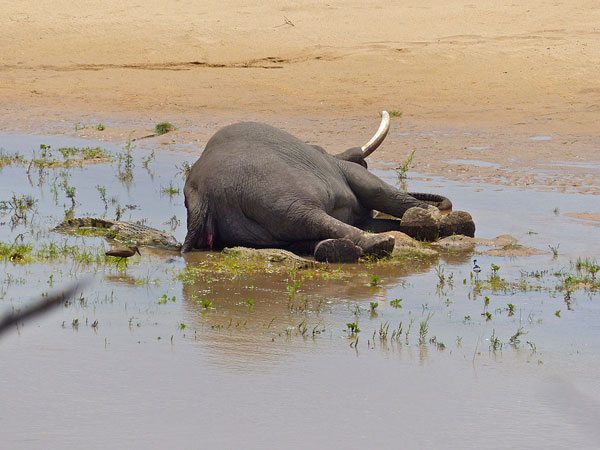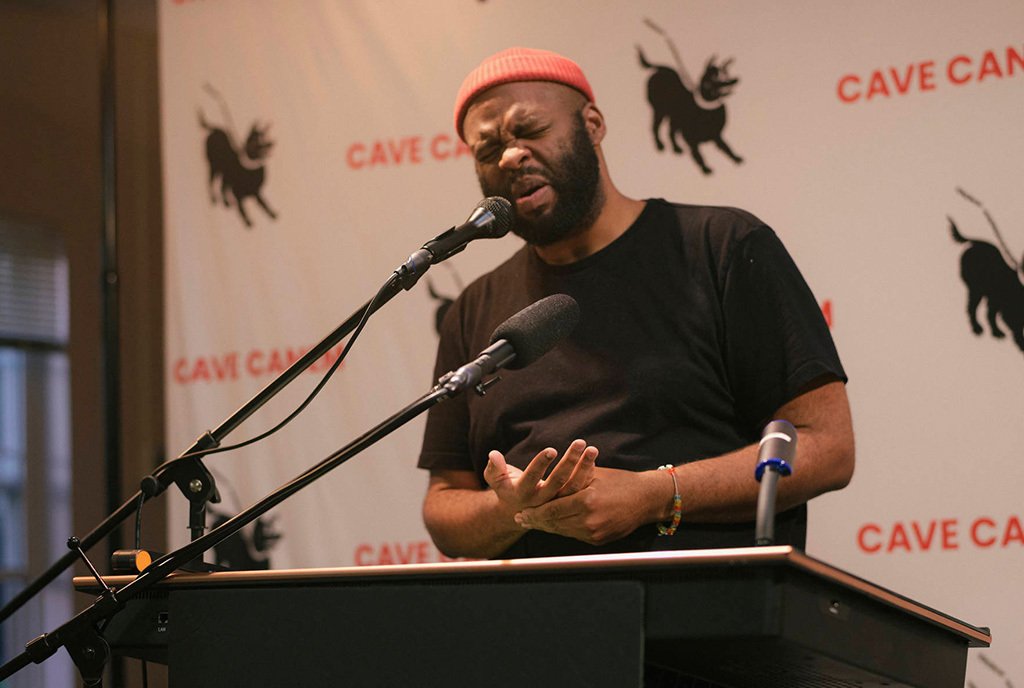
November 19, 2017; CNN Politics and the Atlantic
When walking donors and volunteers through advocacy actions, most nonprofit leaders are careful to explain advocacy policy “wins” for the cause can take months and usually years to achieve. Emails, calls, and in-person visits can stretch out through multiple congressional sessions before there is a change in policy. However, last week seemed to be the exception to the rule. It was an advocacy lesson on steroids.
The confusing situation started when the US Fish and Wildlife Service announced plans to overturn a 2014 ban on importing elephant tusks and other trophy parts from Zimbabwe and Zambia. Prior to that ban, the United States Fish and Wildlife Service had the power to authorize importation on a case-by-case basis. A firestorm ensued on social media and by Friday, President Trump was walking the change in policy back with a tweet that announced trophy hunting was a horror show and he would be reviewing the evidence.
Big-game trophy decision will be announced next week but will be very hard pressed to change my mind that this horror show in any way helps conservation of Elephants or any other animal.
— Donald J. Trump (@realDonaldTrump) November 19, 2017
After the initial announcement of the policy change, animal welfare advocates sprang into action peppering email inboxes and social media feeds with requests for calls and emails. Humane Society CEO Wayne Pacelle took to his blog to blast the planned reversal. Pacelle found some of the details of the planned changes even more disturbing, noting,
Unbelievably the news gets even worse, as the Department of the Interior has also just announced that it is forming a euphemistically named advisory group, the International Wildlife Conservation Council, that would allow trophy hunters an even more prominent seat at the table of government decision-making, ignoring the copious science that trophy hunting undermines the conservation of threatened and endangered species.
Elephants aren’t considered game animals in most African countries with substantial populations of these animals. But trophy hunters seeking large male elephants with prized tusks can hunt in Zambia, Zimbabwe, Tanzania, Gabon, South Africa, Namibia, Cameroon, and Mozambique. The Obama administration had banned permits to import elephant tusks and other body parts from Zimbabwe and Zambia in part due to concerns about corruption and misuse of funds generated by permits. Hunting an elephant is part of the African “Big Game Top Five” for many trophy hunters.
Sign up for our free newsletters
Subscribe to NPQ's newsletters to have our top stories delivered directly to your inbox.
By signing up, you agree to our privacy policy and terms of use, and to receive messages from NPQ and our partners.
The argument for lifting the ban imposed by the Obama administration was that the funds generated by the trophy hunters would generate revenue for the host country that would help finance efforts for residents to protect valuable endangered animals from poachers. However, evidence that this approach works isn’t exactly piling up according to conservationists.
The Atlantic found that “the hunting-safari business employs few people, and the money from fees that trickles down to the villagers is insignificant.”
A 2009 report from the IUCN revealed that sport hunting in West Africa does not provide significant benefits to the surrounding communities. A more recent report by an Australian economic-analysis firm for Humane Society International found that trophy hunting amounts to less than 2 percent of tourism revenue in eight African countries that permit it.
NPQ has covered wildlife conservation in the past, including looking at the first legal rhino horn auction in South Africa, which was billed as a way to preserve and save a species teetering on the brink of extinction and the stateside struggle to maintain big cats in rescues. Meanwhile, international nonprofit advocates have also been hammering away, seeking protection against the other threats to critically endangered wildlife, including human overpopulation, habitat destruction and the illegal pet trade.
As for the fate of big game trophies, the Atlantic reported:
Before Trump’s tweet, the Fish and Wildlife Service had intended to begin issuing permits for importing elephant trophies on Friday. The new policy would apply to elephants hunted in Zimbabwe between January 21, 2016, and December 31, 2018, as well as elephants hunted in Zambia from 2016 to 2018. Regardless of how hunting affects elephants, if the policy goes through, some hunters will have trophies waiting for them in those countries.
While the hunt will continue whether or not you can bring your trophies with you back to the US, the president himself is not a fan of hunting. When Eric and Donald Jr.’s African big game hunting spree in 2011, in which they killed an elephant, crocodile, kudu, civet cat, and water buck in Zimbabwe, made headline news, Trump told TMZ, “My sons love hunting. They’re hunters and they’ve become good at it. I am not a believer in hunting and I’m surprised they like it.”
Where the cards will fall on this one, only time, the continued advocacy of nonprofits, and perhaps a few early morning tweets from the White House will tell. As CNN reported, advocates on both sides of the ban are hopeful. While the president seemed to be swayed by the public outcry, the wheels appear to have been in motion for some time on this proposal. Trump Jr. is an active member of the hunting enthusiast Boone and Crockett Club and helped with the search for the Interior secretary who announced the reversal in policy. Advocates for both sides are working overtime and gearing up for a big week. Sportsmen’s groups said they viewed Trump’s halt as only temporary and not a reversal.
“The way we see it, the president hasn’t reversed anything. He’s taking his time to make sure the decision that [Zinke] made is right,” said Paul Babaz, president of Safari Club International. “We’re sure the president will move ahead with the decision.”—Carrie Collins-Fadell













